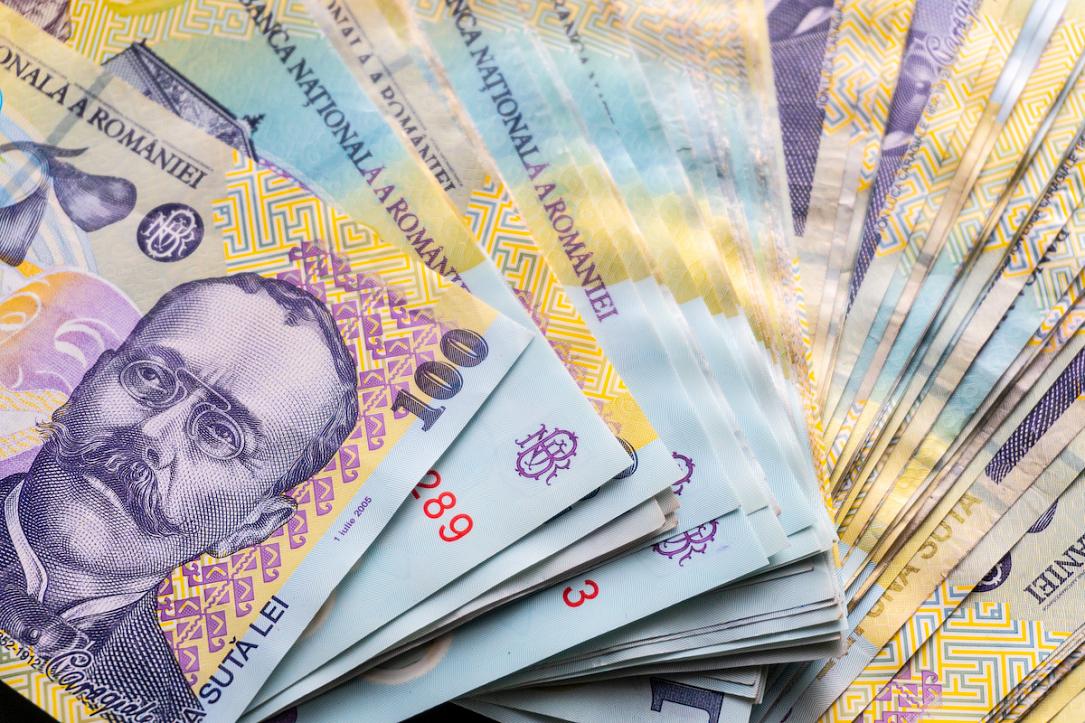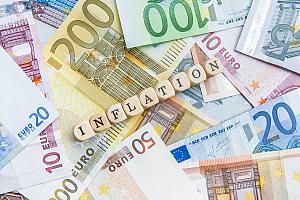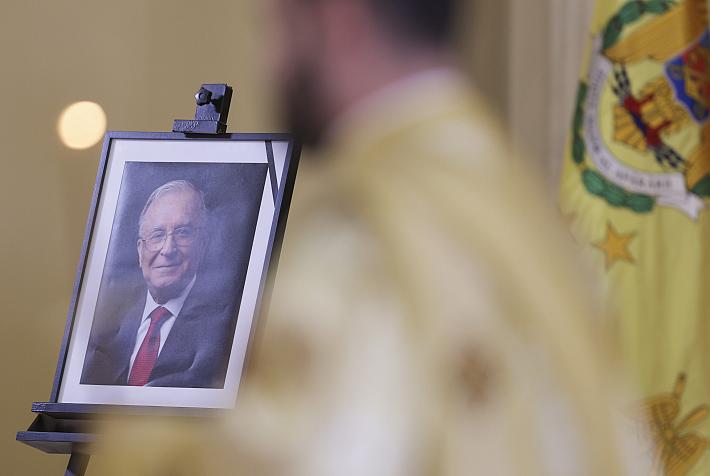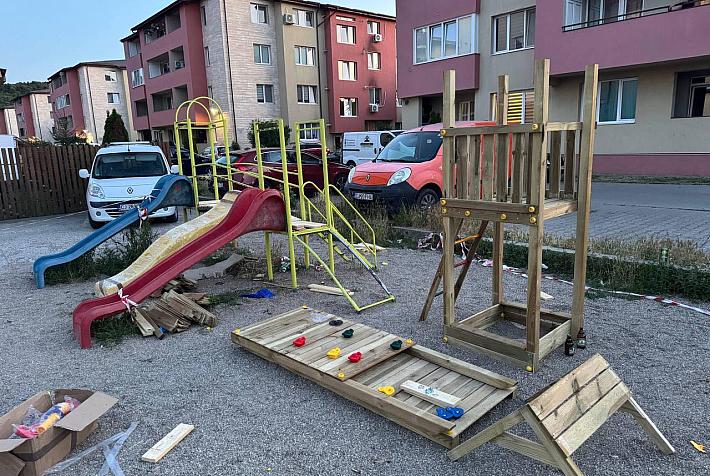BCR chief economist says monetary policy rate could remain unchanged by 2022

Romania's National Bank (BNR) has other levers than the monetary policy interest rate to control the local currency depreciation and keep inflation in target, according to BCR chief economist Ciprian Dascalu.
BNR can control liquidity and the increase of minimum required reserves for commercial banks, Dascalu says, quoted by Economica.net.
He argues that the central bank might maintain the monetary policy interest rate at 1.5% by 2022.
As for the exchange rate, Dascalu believes that the nominal depreciation over the coming years will be in line with the differential inflation (in Romania versus the euro area).
In other words, the local currency will maintain its power in real terms versus the euro.
Speaking of the short-term developments - the currency's weakening that eased after the local elections and the rise of the interest rates on the money market, BCR chief economist says that the former is part of a regional trend and the later was caused, among others, by the banks building up their required reserves.
The expectations that BNR would use liquidity control for discouraging volatility on the foreign exchange market have also pushed up the interest rates.
(Photo: George Oprea/ Dreamstime)
andrei@romania-insider.com












